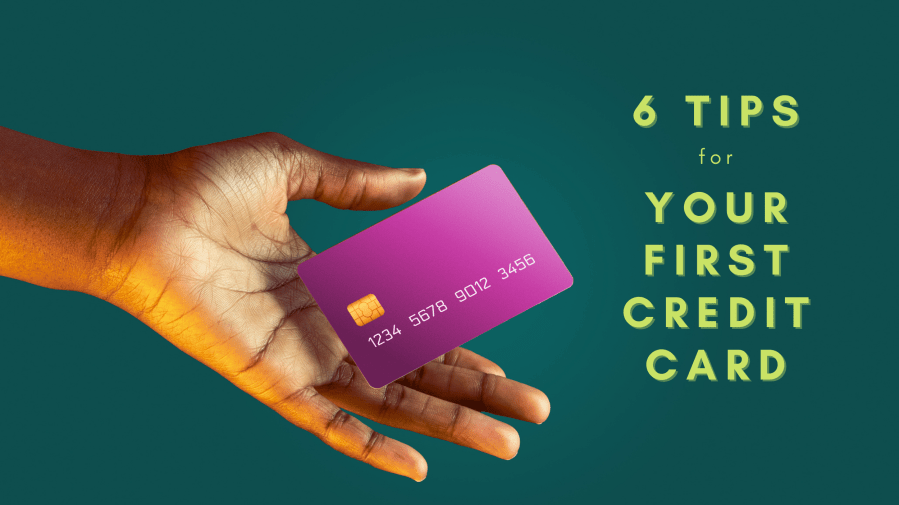Funny Credit Card Images Digital Underground

While the world of credit cards appears simple on the surface, it's surprisingly complex. Seemingly minor credit card decisions can have significant impacts on your finances, leading to things like fees, penalty APRs and drops in your credit score — not exactly what you want to deal with when you're just starting your quest to build a healthy credit profile. Learning about them through a trial and error isn't ideal, either; it could put you in a financial position that requires a lengthy credit-rebuilding process.
Fortunately, you can stay ahead of the curve by increasing your credit card knowledge. If you're thinking about applying for your first credit card, knowing some key facts can help you prepare for responsible use — and understand exactly what you're signing up for. Learning the following six things you need to know before getting your first credit card can help set you up for credit success.
One of the most important credit card tips to know is that you want to get a low interest rate and avoid surprise fees — two things that'll help you save money while using your cards. However, many aspiring cardholders don't realize that it's possible to get an idea of what a card charges before you apply.
Details about interest rates and fees are available on credit card applications and on many lender sites. While the particulars can sometimes take a bit of effort to track down, you can review the annual percentage rate (APR) range, annual fees, late fees and foreign transaction fees before you apply and let the lender perform a hard pull on your credit report, which can impact your credit score.
It's important to note that you typically can't learn in advance the credit limit a lender will offer you, as that's based on your personal credit profile. The same goes for your exact interest rate, which usually depends on your creditworthiness.
2. Avoiding Fees and Interest Is Possible
Many people who are new to credit cards assume that interest and fees are just part of the equation. However, some of these costs can be avoidable if you manage your credit card effectively.
First, not all credit cards charge annual fees, so you can sidestep that cost by choosing a card that doesn't have one. Additionally, lenders only charge late fees if you don't make your payments on time, and foreign transaction fees won't happen if you don't make charges outside of the country. By saying no to balance transfers or cash advances, you avoid those fees. Similarly, by opting out of over-limit protection, you won't have over-limit fees.
Finally, if you pay your card balance in full before the bill cycle ends, you won't even owe interest on your purchases. That's because all cards must come with a grace period, giving you the ability to avoid this hallmark expense.
3. Late Payments Have Multiple Unwanted Effects
If you miss a payment on your credit card, you typically aren't just faced with a single penalty. Instead, you could face up to three. Why is that?
First, missed payments commonly trigger late fees — a set amount you're charged for simply failing to pay by the due date. Second, missing a payment can trigger a penalty APR. While not all credit card companies use them, penalty APRs don't just increase what you'll pay on the current debt; they apply to all future charges, too. Considering that penalty APRs are usually above 20% — and some may be as high as 30% — that's a big deal.
Finally, late payments harm your credit score. Overall, your timely payment history accounts for about 35% of your score. Even one late payment can cause your score to fall, potentially by 100 or more points.
4. Using Your Full Credit Line Can Harm Your Score
When you get a credit card, the issuer will set a credit limit. While that may seem like spending up to that limit doesn't come with any unwanted effects, that isn't exactly the case.
If you max out your credit card, meaning you run up your balance to your credit limit, your credit score typically drops. That's because your credit utilization ratio — your card balance compared to the card's credit limit — ends up in high territory. When you use more than 30% of your available credit limit, this can indicate to your card issuer and the credit bureaus that you're a riskier borrower. As a result, your credit score can drop until you lower your utilization ratio again.
Even if you can't keep it at or below 30%, staying as low as possible helps. The farther you are from maxing out your available credit lines, the better.
5. Paying Only the Minimum Isn't a Wise Strategy
If you're carrying a balance on your card — meaning you don't pay off the full balance each month and some carries over to the next billing cycle — the minimum payment is all you technically need to make to stay on the right side with your card issuer. However, this strategy isn't wise if you want to tackle any card debt you're carrying. Minimum payments shrink as your balance falls. As a result, your balance will drop by a smaller margin the deeper you get into repayment.
If you want to minimize interest charges and pay down your debt in a reasonable timeframe, use a better strategy for paying your card down. Look at the minimum payment on your current balance as a starting point. Then, compare that to your budget to see if you can afford to pay more.
Once you have that number, consider that your official, ongoing monthly payment. Send that amount regardless of what your new minimum payment is each month. That allows you to pay down the debt using an approach that's similar to an installment loan, resulting in less interest over the life of the debt and a shorter period until you've repaid it entirely.
Just keep in mind that you'll need to reassess your payment if you make any new charges. That ensures you account for the balance increase. This can allow you to get back on target with your repayment plan faster.
6. Credit Card Fraud Isn't as Hard to Navigate as You Might Think
One benefit of a credit card is that you usually have automatic protection against fraudulent charges. There are federal laws that outline liability, and they generally favor borrowers.
By disputing an unauthorized charge, you can typically get the purchase removed from your account without much trouble. Additionally, the card lender will issue you a new card with a different number immediately, protecting you from further harm.
What's important to note is that you do have a limited amount of time to dispute a charge you didn't make. Because of this, it's wise to review your account purchase history regularly and examine every line of your monthly bill. That way, if there's anything amiss, you can reach out immediately and handle it.
shieldswitace1970.blogspot.com
Source: https://www.askmoney.com/credit-cards/tips-before-credit-card?utm_content=params%3Ao%3D1465803%26ad%3DdirN%26qo%3DserpIndex

0 Response to "Funny Credit Card Images Digital Underground"
Post a Comment